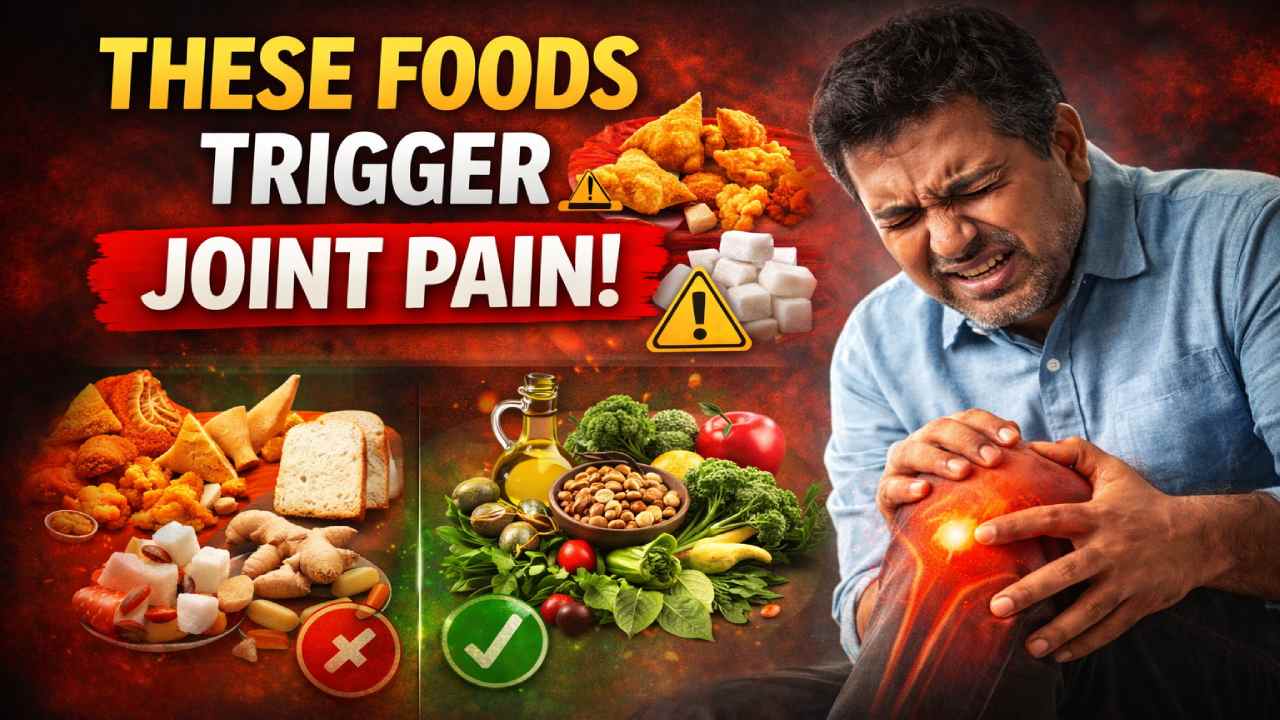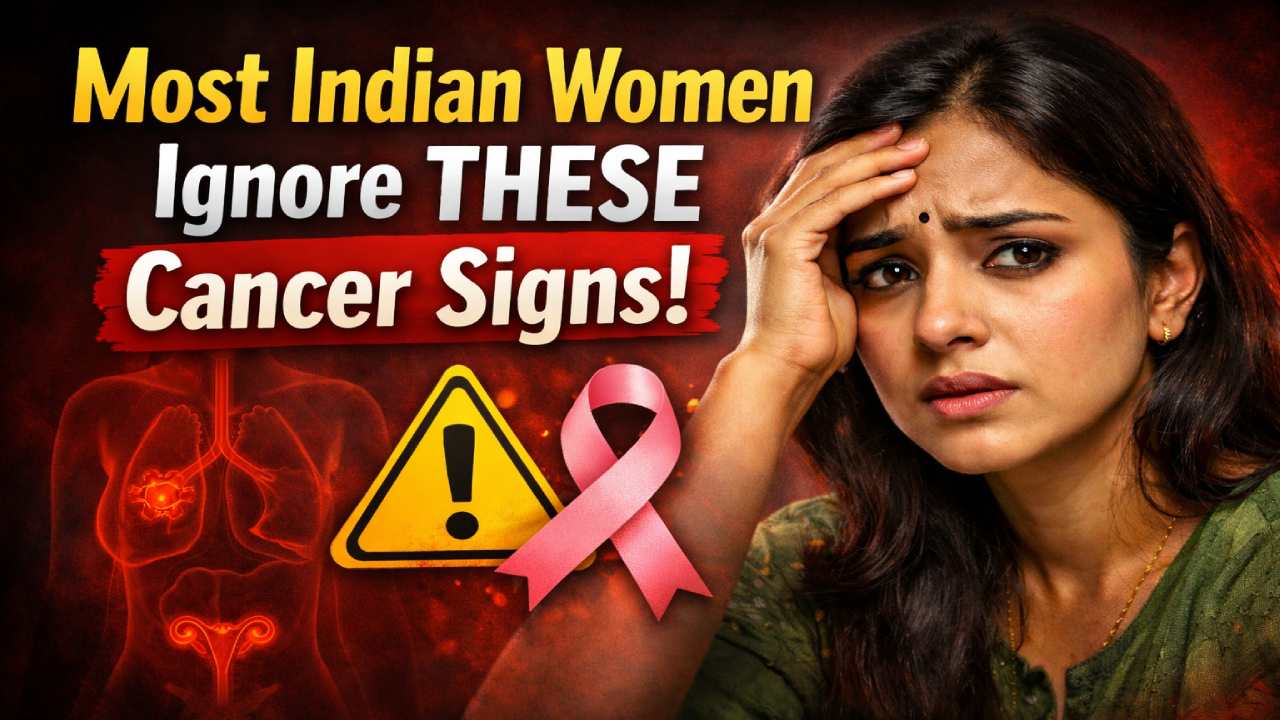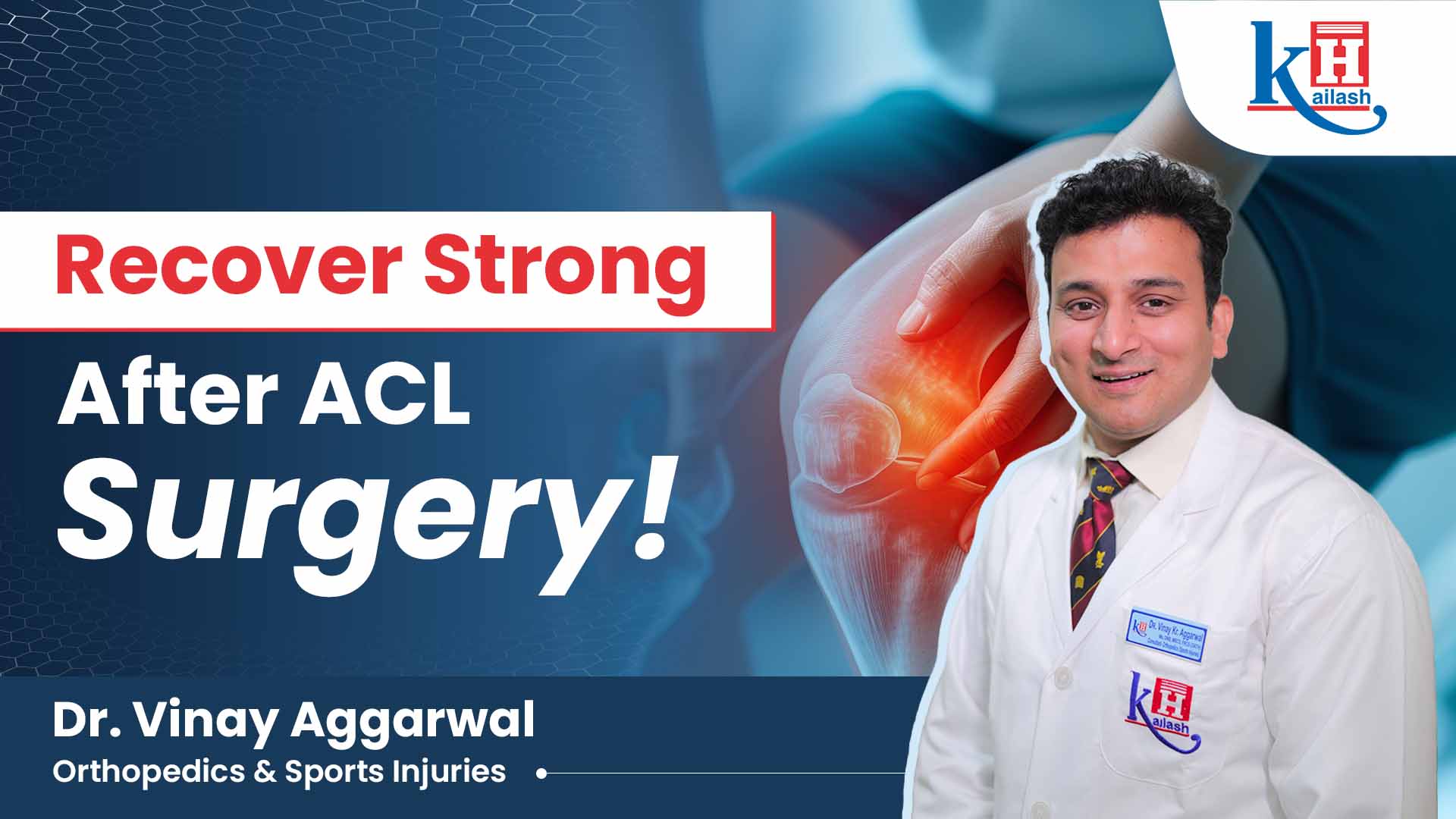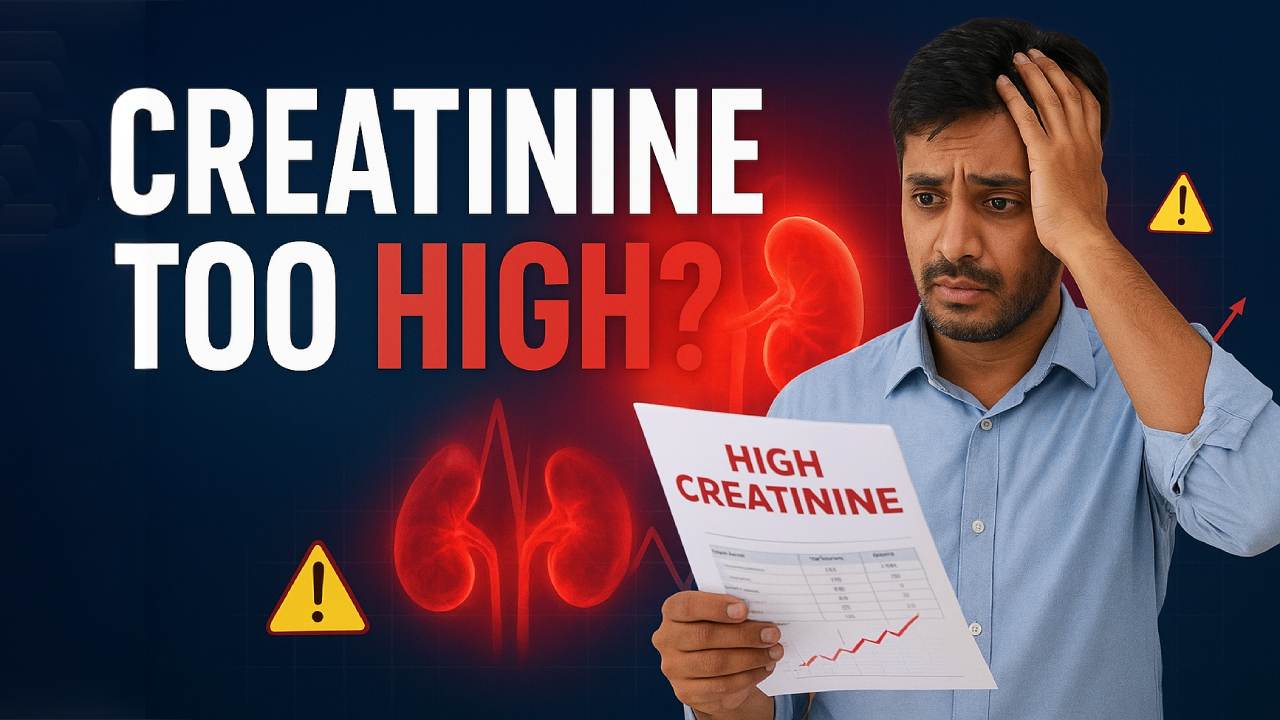16 Foods That May Increase Cancer Risk (And What to Eat Instead)
Verified By Dr. Sourabh Mukharjee | 06-May-2025
Cancer remains one of the most formidable health challenges globally, and emerging research highlights that dietary choices play a pivotal role in its prevention. While genetics and environment contribute, what we eat can either fuel or fight cancer cells. According to Dr. Sourabh Mukharjee, Sr. Consultant Surgical Oncology at Kailash Hospital, “Nearly 30–40% of cancers are linked to lifestyle factors, including diet. Avoiding carcinogenic foods and embracing nutrient-rich alternatives can significantly lower risks.” Supporting this, Mrs. Durga Tak, Chief Dietitian at Kailash Hospital, Greater Noida, emphasizes, “Food is medicine. The right choices can fortify your body’s defenses against cancer.” Let’s explore 16 cancer-causing foods to avoid and the best foods to integrate into your diet for cancer prevention.
Table of Content
India’s rich and flavorful cuisine is celebrated worldwide—but certain commonly consumed foods, especially when processed or overcooked, may have carcinogens or promote inflammation, while others offer protective compounds that bolster the body's defenses against cancer. Diet is crucial when it comes to influencing cancer risk. Understanding these dietary influences is crucial for effective cancer prevention.
According to Dr. Sourabh Mukharjee, “The risk of cancer is closely tied to what we eat daily. Many Indian meals contain items that, if overused or poorly prepared, can contribute to cancer risk.”
Also read: Early Detection, Early Action: Recognizing the Signs of Breast Cancer
Here’s a closer look at Indian dietary staples and habits that may need moderation or a healthier twist:
1. Over-fried Pakoras, Pooris, Bhature
- Deep frying in reused oil releases acrylamide and trans fats.
- Healthier Alternative: Air-fried pakoras or baked snacks using besan.
2. Reheated Cooking Oils
- Common in Indian street food stalls, reheated oil generates free radicals.
- Healthier Alternative: Use fresh cold-pressed oils like mustard or coconut oil for cooking.
3. Charcoal-Grilled Tikkas (Paneer, Chicken)
- Direct contact with flame creates carcinogenic HCAs and PAHs.
- Healthier Alternative: Opt for steaming or baking instead of grilling.
4. Pickles with Excess Salt and Oil
- High sodium can irritate the stomach lining, increasing gastric cancer risk.
- Healthier Alternative: Use less salt, refrigerate, and consume in moderation.
5. Salted Namkeen & Mixtures
- Packed with trans fats, refined flour, and preservatives.
- Healthier Alternative: Switch to roasted chana, fox nuts (makhana), or dry fruits.
6. Preserved Meat (Sausages, Salami in some Indian diets)
- Processed meats are Group 1 carcinogens.
- Healthier Alternative: Traditional dishes with fresh legumes and dals are safer.
7. White Rice in Excess
- High glycemic index spikes insulin levels.
- Healthier Alternative: Mix with brown rice, millets, or quinoa.
8. Artificially Colored Sweets
- Mithais with synthetic food colors can have harmful additives.
- Healthier Alternative: Go for fresh, homemade sweets with natural ingredients like dates, jaggery.
9. Carbonated Drinks and Sugary Syrups (like Rooh Afza, Fanta)
- Obesity-promoting and insulin resistance-causing.
- Healthier Alternative: Fresh coconut water, lemon water, or buttermilk are better choices.
10. Leftover Rice or Curry (Reheated Multiple Times)
- Encourages bacterial growth and nitrite formation.
- Healthier Alternative: Cook fresh meals or reheat only once.
11. Maida-Based Fast Foods (Patties, Noodles, Samosas)
- Maida slows digestion and spikes blood sugar.
- Healthier Alternative: Choose whole wheat or millet-based snacks.
12. Flavored Chips and Instant Noodles
- High in MSG, salt, and artificial flavors.
- Healthier Alternative: Roasted papad or puffed rice chaat is a better snack.
13. Overcooked or Burnt Tadka
- Charring spices or onions can release carcinogens.
- Healthier Alternative: Add tadka at a moderate heat, avoid smoking oil.
14. Plastic-Wrapped Hot Food
- Leaching of harmful plastic compounds into food.
- Healthier Alternative: Always use steel or ceramic for hot food storage.
15. Processed Cheese and Synthetic Paneer
- High in saturated fats, preservatives.
- Healthier Alternative: Homemade paneer from toned milk is healthier.
16. Betel Nut (Supari), Gutka, Pan Masala
- Strongly linked with mouth and esophageal cancer.
- Healthier Alternative: Avoid completely; not safe in any quantity.
Mrs. Durga Tak states, “The Indian kitchen can be a place of healing, but we must make informed decisions. Traditional, fresh, and seasonal eating should be prioritized over convenience.”
Let’s explore what you should include on your plate for cancer prevention:
1. Turmeric (Haldi) with Black Pepper
- Curcumin has anti-inflammatory, anti-cancer properties.
- Use in tadkas, turmeric milk, or kadha.
2. Garlic (Lehsun) and Onion (Pyaaz)
- Combat cancer-causing nitrosamines.
- Include in all gravies and sabzis.
3. Cruciferous Vegetables (Cabbage, Cauliflower)
- Detoxifies the liver, supports cell health.
- Steam lightly, add to parathas or pulao.
4. Amla (Indian Gooseberry)
- Rich in vitamin C and antioxidants.
- Consume raw, in chutneys or juices.
5. Leafy Greens (Methi, Palak, Sarson)
- Source of folate and fiber.
- Prepare lightly spiced saag or methi thepla.
6. Whole Grains (Jowar, Bajra, Ragi)
- Rich in phytochemicals and fiber.
- Rotate with rice or wheat in meals.
7. Fresh Fruits (Papaya, Pomegranate, Guava)
- Contain polyphenols and immune boosters.
- Ideal as a mid-morning or evening snack.
8. Lentils and Pulses (Moong, Masoor, Rajma)
- Excellent plant protein and fiber source.
- Prepare sprouted or lightly cooked.
9. Green Tea, Tulsi Tea
- Packed with catechins and antioxidants.
- Drink twice daily instead of sugary chai.
10. Flax Seeds, Chia Seeds
- Rich in omega-3s and lignans.
- Sprinkle on curd or atta dough.
Tailoring your diet to your health needs is crucial. Mrs. Durga Tak, Chief Dietitian at Kailash Hospital, Greater Noida, stresses, “A dietician can craft meal plans that align with your lifestyle and genetic risks.” Similarly, Dr. Sourabh Mukharjee underscores the value of screenings: “Early detection paired with dietary vigilance save lives. Consult a cancer specialist if you have a family history.”
Also read: Revitalize Your Liver: Top Foods, Fruits, and Home Remedies for Safe Detoxification
If you have a family history of cancer or symptoms such as unexplained weight loss, persistent fatigue, or abdominal pain, seek prompt evaluation by a cancer specialist at Kailash Hospital.
Dr. Sourabh Mukharjee concludes, “Diet is one pillar of a multi-modal cancer prevention strategy that includes screening and lifestyle modification.”
Avoiding cancer-causing foods and embracing nutrient-dense alternatives empowers you to take control of your health. As the experts at Kailash Hospital, affirm, small, consistent changes yield profound impacts. Whether you’re revising your grocery list or seeking guidance from a dietician in Greater Noida, remember: your plate holds the power to protect.
“Prevention is always better than cure. Let food be your first line of defence,” — Dr. Sourabh Mukharjee.
“Every bite counts. Choose wisely,” — Mrs. Durga Tak.
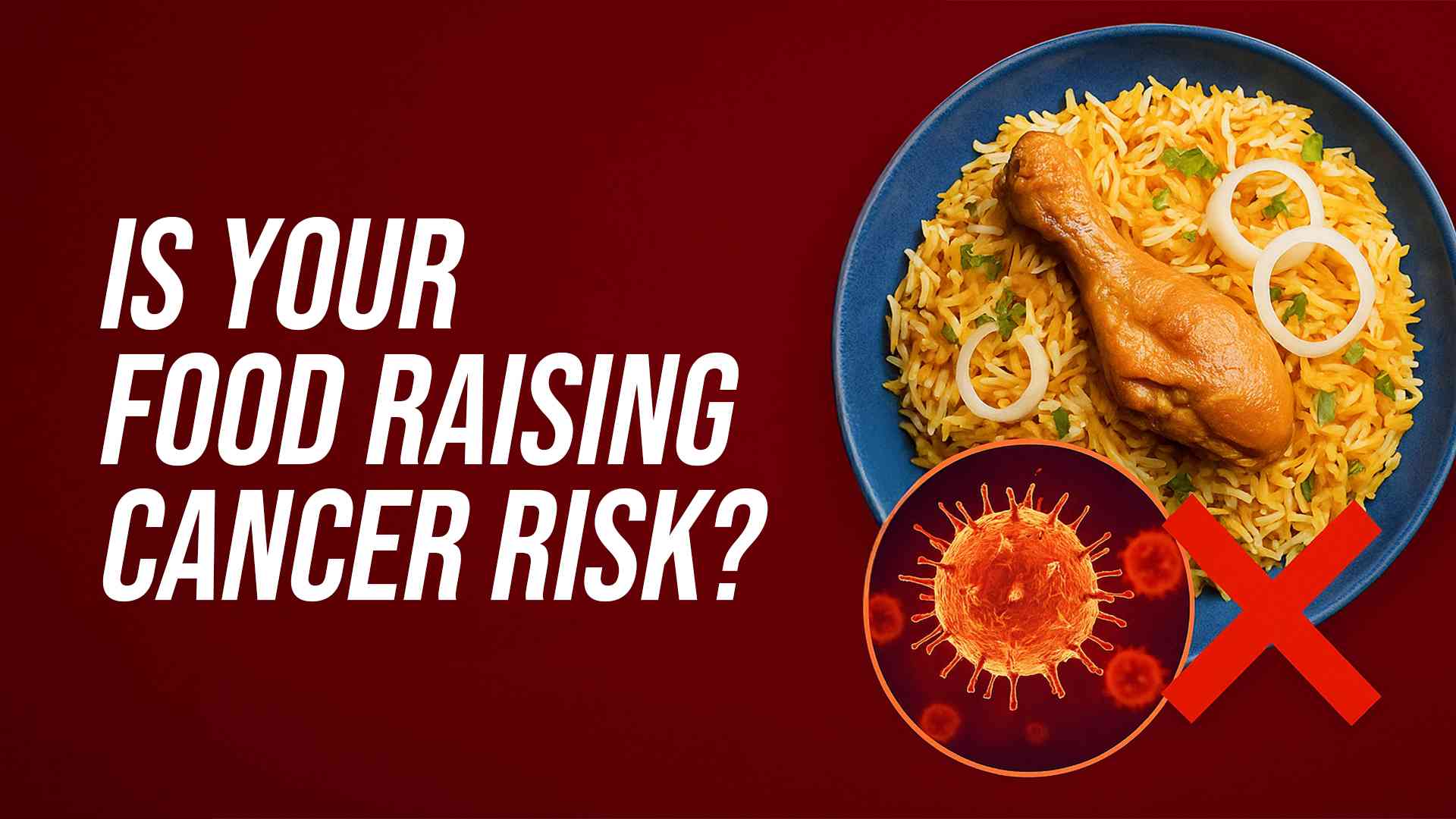


 +91-9711918451
+91-9711918451
 international.marketing@kailashhealthcare.com
international.marketing@kailashhealthcare.com

